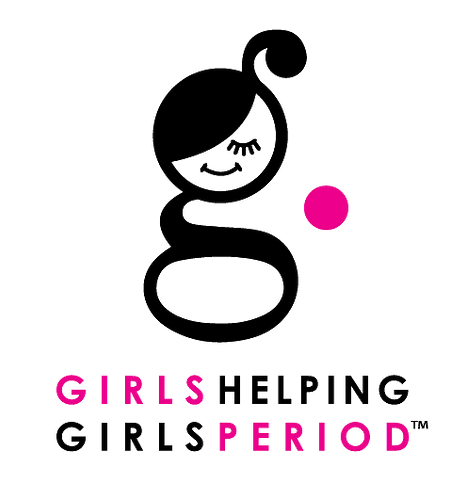Before Girls Helping Girls. Period. was even an official non-profit, its founders (Emma and Quinn, at about ages 12 and 15) were talking to adults about the importance of supporting those who struggle to pay for menstrual products and the need for pads and tampons in public bathrooms. One of those meetings was with the administrators in a community near their progressive hometown who were interested in learning more about the issues and how they could be supportive. But the meeting was not at all what Emma and Quinn might have expected because the men in the room (there were three men and one woman) were clearly uncomfortable with the entire conversation. It took 20 minutes for them to stop fidgeting and looking around when they, or we, used even the most basic words like period, menstruation and tampon.
It’s not really surprising, looking back, that not a lot changed as a result of that meeting, where we had hoped to make a case for putting free products in town offices and school bathrooms. It’s hard to imagine any of the men in the room leading their staffs in conversations, much less efforts, to fix longstanding inequities. That meeting is probably one of the many interactions that have supported our belief that talking about periods is probably the most important work we do. The more we use words that so often carry a stigma, the more others will get used to hearing them. And there is no better way to take the sting out of a word than to repeatedly use it. (That’s probably why we love a well-placed swear word at HQ! 🙂
“Without appropriate or uniform language, communications and advocacy can fail to connect our efforts effectively to those we aim to influence, namely policymakers, corporations, activists, donors, and other changemakers.” -Period and Madamí
The fact is, we’re not going to convince anyone of anything if we don’t speak a language they understand. That’s the fact for each of us working to end period poverty individually, and our movement as a whole. The new Glossary for the Global Menstrual Movement will help in that effort because its creators recognize that a shared vocabulary helps to remove barriers that can be “intimidating or regressive.”
Download the Glossary

It may seem that those of us working “behind the scenes” may not need this type of tool, but with the exciting global explosion of work in this space, this glossary is a necessity so that anyone can take part, including, and especially, those who have traditionally been a part of marginalized populations. The Menstrual Health Hub has more than 900 registered organizations in just five years; it is reasonable that we would need a shared communication tool and that they, along with Period., would create it. Download yourself a copy and start a conversation. If you’d like to have one with us, reach out! girlshelpinggirlsperiod@gmail.com


